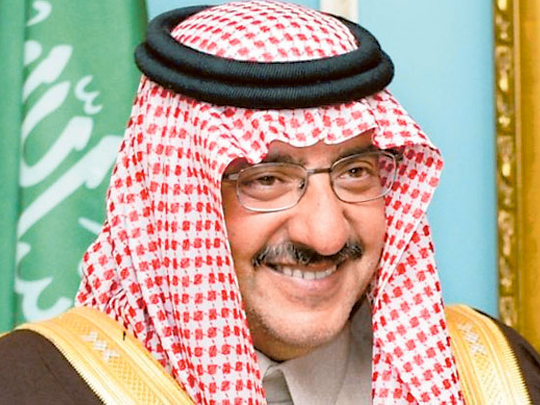
Manama: Saudi women have been allowed to work at the General Directorate of Investigation (GDI), according to a Saudi paper.
The decision was announced by Prince Mohammad Bin Nayef Bin Abdul Aziz Al Saud, the interior minister, to a Saudi delegation attending a career event in the Canadian capital Ottawa to attract potential applicants.
Under the breakthrough move reported by a delegation official to Saudi Arabic daily Al Watan, qualified and competent Saudi women who are studying abroad will be able to join the intelligence force, known locally as Al Mabahith Al Aamma.
“The focus of the Saudi women at the directorate will be on social and humanitarian issues, communicating with the families of the prisoners and detainees, preparing social studies and engaging in management work,” Mohsin Al Shiani, the head of planning at the General Directorate of Investigation and head of the Saudi delegation to Career Day in Ottawa, said, quoted by the daily.
Several Saudi female students on scholarships who attended the career fair have already signed up their names to join “highly critical agencies” in the investigation directorate and serve their country, the paper said on Monday.
Priority is given to students on university scholarships abroad who have high competency levels, advanced academic standards and laudable linguistic skills.
According to the Saudi official, 23 of the more than 200 Saudis who applied at last year’s Career Day in Washington to join the Directorate, have been hired.
Applicants who are accepted by the GDI will undergo training sessions that last four months, Al Shiani said.
One month is dedicated to qualifying the trainee to change from a civilian status to a military status and the other three months to lectures, he said.
However, the sessions are flexible and will be held outside of working hours.
Prince Mohammad Bin Nayef was appointed minister of interior on November 5, 2012.
Women in the Saudi kingdom have been steadily empowered politically, socially and economically under wide-ranging reforms that have been accelerated since King Abdullah Bin Abdul Aziz Al Saud assumed power in August 2005.
The appointment of 30 women to the 150-seat Shura Council, that was announced this month, is seen as one of the major breakthroughs towards granting women their rights.












